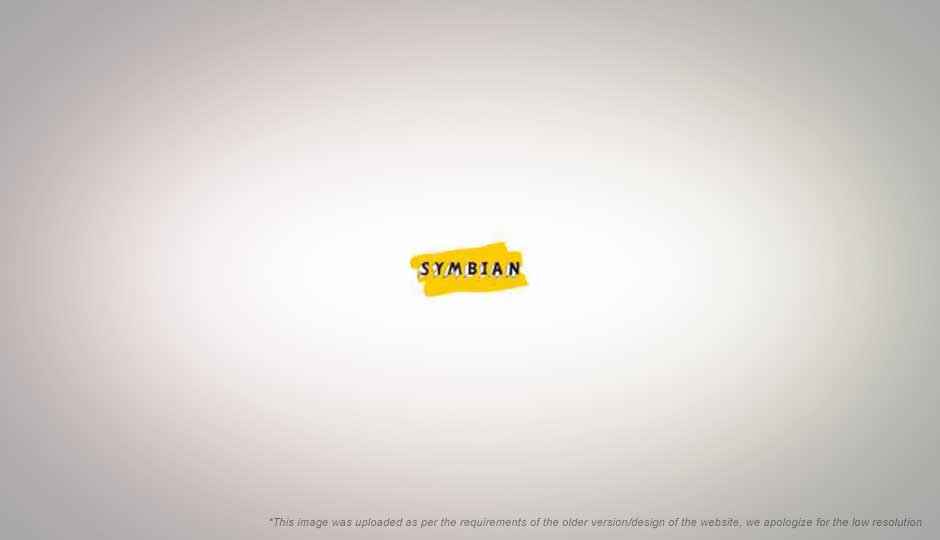Symbian comes out to play
By
Kshitij Sobti |
Updated on 26-Oct-2009

About a year ago, Nokia acquired the Symbian Operating System, and founded the Symbian Foundation to direct its future. Symbian was to become an open source operating system, and now that goal has come a little closer, with the release of the Symbian OS kernel source code.
Unlike Android, which was built from the ground up to be an open source operating system, Symbian has grown under the proprietary care of multiple organizations, which means making it open source is no straightforward task. By the middle of 2010, the Symbian Foundation intends to have the entire source code of the operating system open sourced.
Also unlike Android, which released under the Apache License, the Symbian Kernel has been released under the Eclipse Public License. The difference between these two being, that while the Apache License allows for the entire code to be used in closed source proprietary applications, the EPL only allows the changes / additions to bear a different license.
To facilitate development on the source code released, the Symbain Foundation has released what it calls the Kernel Taster Kit, which includes the source code of the OS along with the tools necessary to compile and test it.
Their kit includes a QEmu based emulator which allow for the emulation of ARM chipsets such as those which run Symbian OS. So you can run, test, and debug Symbian on your PC using the included emulator. To make testing on a device easier and cheaper, they have also released instructions on how to run the OS on the BeagleBoard — an inexpensive single board ARM-chipset based computer by Texas Instruments.
Symbian has been losing popularity as a smartphone OS recently with the development of the more modern Android OS, and this move is sure to help the OS gain perhaps just a little more momentum. With both operating systems being open source, the competition will soon be about performance and functionality. Android is by all means a more modern OS than Symbian, and its Linux heritage makes it all the more appealing, however Symbian still claims to have a performance advantage due to its kernel optimized for deployment on mobile and embedded environments. Furthermore, while Android applications are written in managed code with Java, Symbian application are compiled for the native platform with C , which in some cases can make them faster. While with the Android NDK it is now possible to write native code application for Andorid in C , there is still no way to write an entire application for Android in native code.
The battle is sure to get even more interesting now that they have started to reach a more common ground.
 Survey
Survey✅ Thank you for completing the survey!
Get playing with the kernel yourself! Register at the Symbian website and download the kit from here.